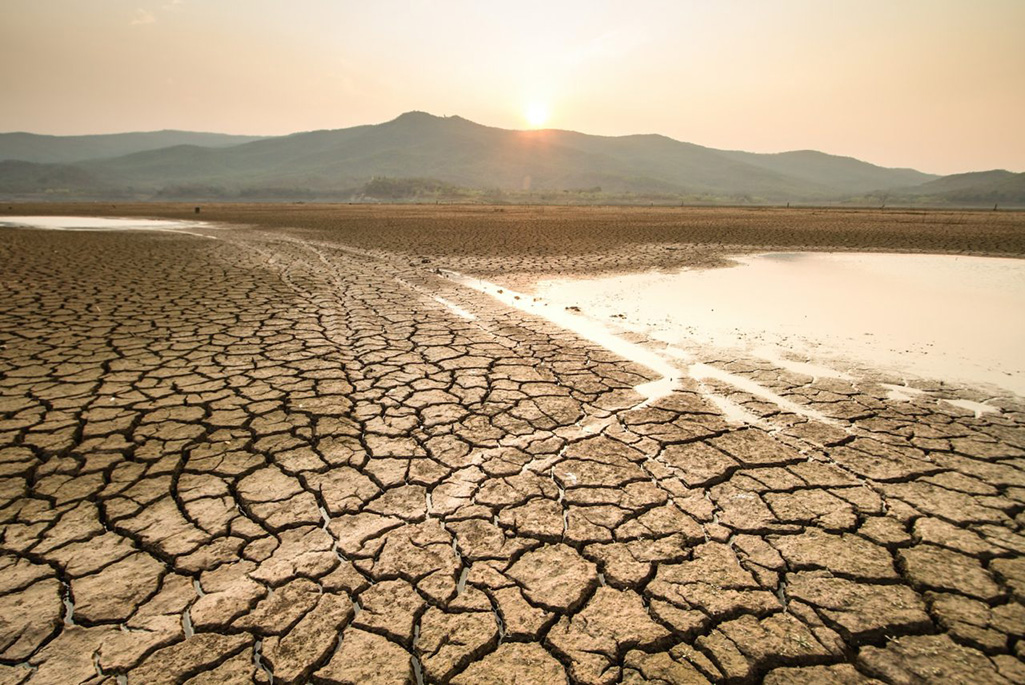Droughts can impair soil health by reducing moisture and nutrients that support microbial activity, but little is known about how this disturbance will impact the soil microbes which mediate soil carbon decomposition.
A recent publication co-authored by Nick Bouskill aimed to close this knowledge gap by linking the impacts of drought on microbial processes with rates of soil carbon cycling. The researchers conducted a literature review to identify microbial traits sensitive to changes in environmental conditions, and how changes in trait-distribution – or the way that genes are expressed in microbial communities – occur under environmental stress.
“When we account for both the ecological and evolutionary aspects of microbial responses,” Bouskill explained, “we can better predict changes in the community and soil carbon cycling. Maybe it will come to an equilibrium.”
The team hypothesized how carbon flux responds to different levels and rates of soil drying, and how microbes may adapt to these changes to provide environmental stabilization. The researchers demonstrate that changes in microbes’ trait distribution could have different outcomes. On the one hand, the stress could decrease soil carbon storage because microbes may elevate decomposition to satisfy energy needs disrupted by disturbance. On the other hand, the stress could increase soil carbon storage because water stress may lead to more organic material in soil as a result of increased dead soil microbes and dead plant material.
Closing knowledge gaps of how drought may impact microbial activity and carbon storage can help the scientific community advance modeling approaches to microbiology for more accurate predictions of ecosystem response to climate change.


